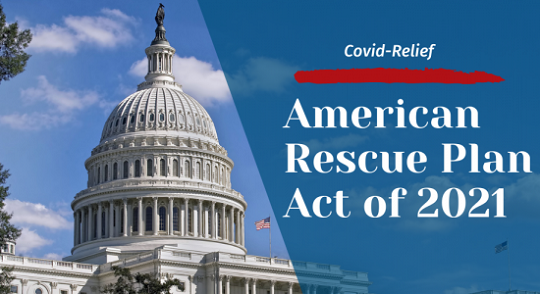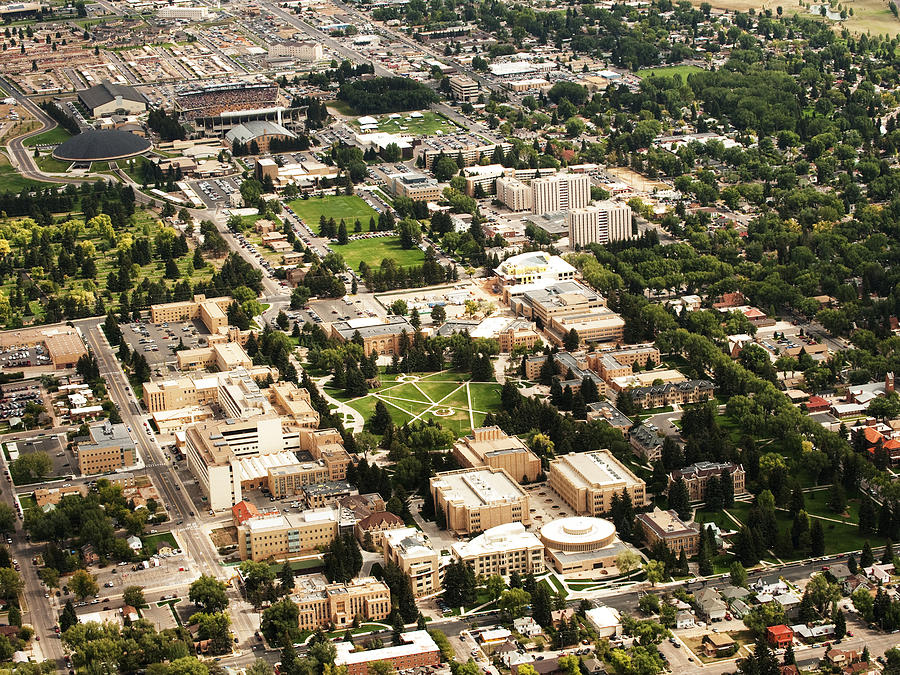
• Gordon reminds Wyomingites in supplemental budget request
By Alex Hargrave
Buffalo Bulletin
Via- Wyoming News Exchange
BUFFALO — This coming budget year, Wyoming will have to live without federal funding that flooded the state’s coffers in the immediate aftermath of the coronavirus pandemic.
The Cowboy State has spent or obligated its more than $1 billion in American Rescue Plan Act funding on various investments in health care, rural broadband, capital construction, workforce programs and other infrastructure since 2021.
ARPA funds must be allocated to a certain project by the end of 2024 and spent by 2026. For Gov. Mark Gordon, that means it’s time to “come back to earth and take responsibility for our own future,” he wrote in the proposed 2025-26 budget submitted to Wyoming legislators in November.
Last biennium, ARPA funds were used as a revenue replacement for nearly $324 million in general funds and $6.4 million was used to offset the general fund cost of the Wyoming Investment in Nursing program, which assists nursing students with educational expenses. Gordon, in his proposed budget, recommends returning a little more than $330 million to general fund budgets to replace those federal funds.
The governor’s supplemental budget is a reflection of what’s most plaguing Wyomingites: high property taxes driven by inflation and an influx of high-earning new residents, the Biden administration’s stated interest in abandoning fossil fuels in favor of renewable energy alternatives and other federal overreach, and a lack of resources for mental health and suicide prevention, to name a few.
His stated priorities are similar to those mentioned in the 2023-24 supplemental budget.
State revenues have surpassed expectations the past two years, thanks in part to high energy prices, so a lot of programs that were supported by one-time federal investments will avoid cuts. Still, some reductions will likely be necessary, Gordon wrote.
“These choices are painful and we must recognize they could be consequential for those who have come to rely on our state’s federally subsidized capacities over the past couple of years,” he wrote. “In totality, this budget proposes living within our means, not just in this biennium, but in those to come. It keeps ongoing spending at a level we can sustain.”
Gordon is throwing his weight behind a few measures, including property tax relief for Wyoming homeowners. The pandemic brought a slew of new residents to Wyoming, which has driven up home values and, in turn, property taxes.
The Wyoming Legislature is considering several related bills, and in addition, Gordon is proposing $20 million for the Department of Revenue’s property tax refund program that distributed $8.3 million to nearly 9,000 households this year.
Another hot button topic for Wyomingites this year is the actions of federal land managers, including the Bureau of Land Management’s Rock Springs Draft Resource Management Plan that would, as written, conserve certain areas and limit oil and gas leasing on public lands in south- western Wyoming for the next 15 to 20 years.
Gordon is proposing adding $1 million to Wyoming’s federal natural resources planning account to protect the state’s interests in this plan and others that are slated for consideration in the coming year.
“We are supporting local governments – closest to the people – to ensure they are better equipped to engage in federal planning while also preparing our Attorney General’s Office should litigation be necessary,” he wrote.
The governor is also concerned about public utilities proposing rate increases amid Rocky Mountain Power’s goal to raise prices in Wyoming, and he will allocate $695,000 to the state’s Consumer Advocate Office, which can intervene and represent Wyomingites in rate cases.
Federal rulemaking under the Biden administration’s EPA is another concern.
To support the state’s most comparable agency, Gordon is proposing an additional $3.4 million for the Wyoming Department of Environmental Quality. He also proposed a $20 million investment in treatment of invasive grasses on private and state land.
Mental health has emerged as a priority for Gordon in the past few years as Wyoming consistently ranks in the top-5 states for the number of suicides per capita.
Data released from the Wyoming Department of Health in 2023 shows that the number of suicides in the state fell in 2022. Despite that encouraging news, the state’s fledgling suicide hotline faces a fiscal cliff and mental health providers are few and far between in the state’s rural reaches.
“Wyoming has a current shortage of mental health professionals that will not abate without deliberate action,” Gordon wrote. “There is an anticipated 12 percent expansion of needed workers by 2030. This is a significant concern. My mental health funding package keeps Wyoming truly focused on the well-being of our residents now and into the future.”
An ongoing workforce shortage is plaguing a lot of the state.
In addition to some investments in vocational training and a relocation program, Gordon identified an ongoing affordable housing shortage as a culprit. In his budget letter, he suggests that the housing shortage is partly driven by over-regulated housing development, for which the Regulatory Reform Task Force is developing policy solutions.
“First, we have found that Wyoming has over-regulated housing development and our market is in fact inelastic, meaning when homes are built, the costs of housing keep rising despite supply,” he wrote. “A properly functioning market would see more houses priced more affordably.”
The Wyoming Legislature will convene for its budget session on Feb. 12.




